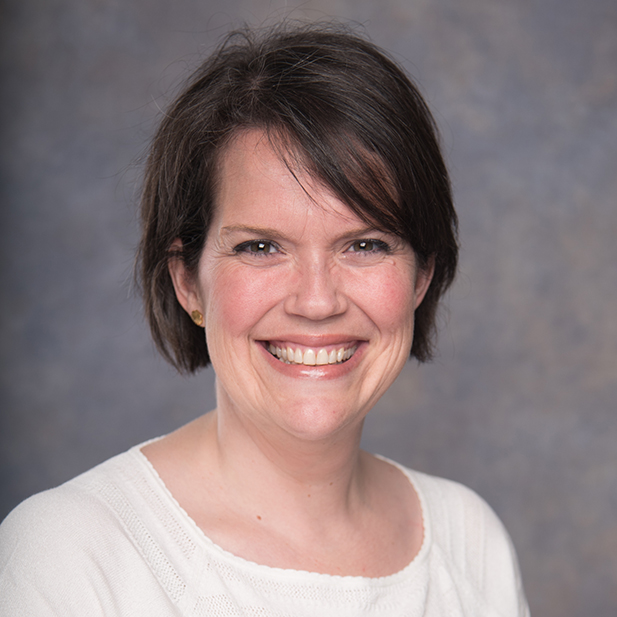Doomscrolling or Hopequesting?
 The news these days is overwhelming. Pandemics, fires, elections – any one of these things could pose a substantial threat to our life, liberty, and the pursuit of happiness. And together? Well, it’s all just so much.
The news these days is overwhelming. Pandemics, fires, elections – any one of these things could pose a substantial threat to our life, liberty, and the pursuit of happiness. And together? Well, it’s all just so much.
And yet, I find myself compelled to attend to the news cycle, as if I might be able to alter its course. Enter doomscrolling. Merriam Webster defines it as “tendency to continue to surf or scroll through bad news, even though that news is saddening, disheartening, or depressing.” Earliest usage of the word dates back to October 2018. Social media, especially Twitter, is the prime vehicle for doomscrolling.
It turns out I’m not alone in this behavior. Others have observed and written about the phenomenon (see the New York Times article here: You’re Doomscrolling Again. Here’s How to Snap Out of It. There is also a well-established counter movement. There are frequent reminders on Twitter (including nightly tweets from reporter Karen Ho – “Doomscroller Reminder Lady”) to stop doomscrolling and do something positive to attend to your own well-being. “Dogscrolling” is another antidote, where users accept the psychic pull of the scroll, but attempt to subvert it with pictures of adorable pets.
And while this phrase captures something of my experience during these very particular times, I am also sure that it does not tell the whole story. It is true that our typical ways of connecting with our support systems and coping strategies are disrupted and that previous (illusions of) control over our own lives has been shattered. I also believe that Freud was onto something when he described Thanatos, or, our instinct for death. But our desire to use technology to connect with the world beyond ourselves may also represent something true and hopeful and connected and engaged.
Writer Aaron Corwin recently tweeted:
You’re not doomscrolling, you’re hopequesting. You need those tiny pieces of joy from seeing friends and strangers share their art, their good news, their wacky unique selves. We need light to live. And we find it in each other.
This description of hopequesting serves as a helpful reframing of the core of our human need for connection. Of course, our technological systems are imperfect for capturing this, as are our institutions. Our feeble minds are often distracted by calamities real and imagined. But there is also beauty and blessing, healthy challenge, and growth. Today, I’m choosing to put my energy here.
Twitter has also given me a number of voices that help me turn up the volume on Eros, or our collective instincts for self-preservation.[i] The life drive is, indeed, alive and well, and every now and then, in the midst of all the noise and clutter and calamity, we catch a glimpse of the reflection of it through imperfect technological means.
Where is your hopequesting taking you these days?
[i] Some of my reliable sources for hopequesting include writer Jessica Kantrowitz, who offers daily blessings for those navigating the messy circumstances of life, and a frequent reminders that “you are not alone and this will not last forever.” Or Rabbi Danya Ruttenberg, who tweets and writes about Jewish teaching and tradition, modern parenting, repentance, and forgiveness. Tressie McMillan Cottom, the newly minted MacArthur Fellow, offers joyful and sharp commentary on race, gender, and capitalism. Jay Hulme shares their unbridled love for the architecture of very old churches throughout the English countryside.
Katherine Higgins is the Director of Communities of Practice. She may be contacted at katherine.higgins@acpe.edu
